14 Benefits Of Cowpeas (Lobia) For Your Skin, Hair, & Health
Loaded with nutrients, these beans improve weight loss, delay aging, and do more good to you.
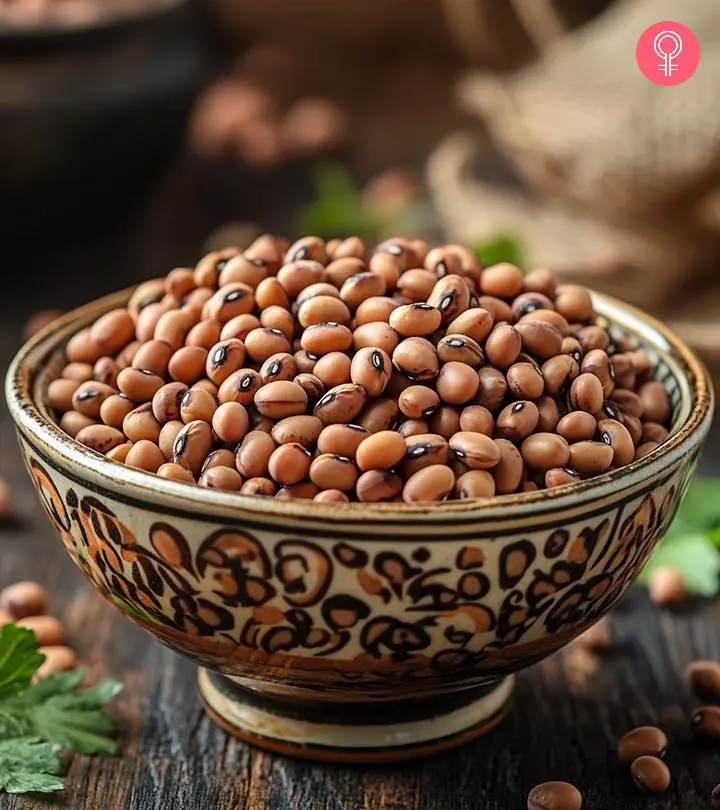
Image: Midjourney/ StyleCraze Design Team
Cowpeas, unlike their name, are a variety of beans and not peas. Also known as black-eyed peas, southern peas and crowder peas, these are oval in shape with a black spot on each. Usually available in different varieties of colors like creamy white, red, black, brown, etc, these are highly nutritious and add a rich fleshy taste and texture to your meals! Due to its high tolerance of heat, drought, and loose sandy soil, these can be commonly grown and found in dry, arid regions of Asia and Africa. The different subspecies of cowpea beans are called yardlong beans, catjang peas, China beans, and field beans.
 Know Your Ingredient: Cowpeas
Know Your Ingredient: CowpeasWhat Is It?
Kidney-shaped, annual, herbaceous legume with a black eye spot.
What Are Its Benefits?
May help maintain blood cholesterol levels, improve blood lipid profiles, and promote skin and hair health.
Who Can Consume It?
Since cowpeas are rich in nutrition, they are safe for everyone in moderation.
How Often?
You can consume cowpeas daily to reap their benefits.
Caution
Always soak cowpeas before cooking to lower the raffinose content and prevent symptoms like abdominal pain, gas, and bloating.
Cowpeas, just like other beans and legumes, are highly nutrient-dense and provide you with many essential vitamins and minerals! They not only help you feel full and satiated with a nutritious meal every time, but are also good for your hair and skin health as well! To help you know more about cowpeas, their benefits, and how you can include them in your meals, we have summed it all up for you in the following sections!
 Did You Know?
Did You Know?In This Article
Nutritional Facts
According to the U.S. Department of Agriculture (USDA), one cup (171 g) of cowpeas contains (1):
- Energy: 200 kcal
- Water: 119 g
- Protein: 13.9 g
- Carbs: 34.7 g
- Fat: 1.21 g
- Fiber: 6.16 g
- Sodium: 436 mg
- Potassium: 641 mg
- Calcium: 44.5 mg
- Iron: 5.22 mg
- Magnesium: 164 mg
- Folate: 243 ??g
Cowpeas are a nutrient-dense food that is high in proteins, vitamins, and minerals, all of which contribute to their many health benefits. Scroll down to know more about them.
Key Takeaways
- Cowpea is a good source of fiber and protein.
- It contains antioxidants that can enhance intestinal well-being, promote healthy skin, and prevent anemia.
- Amino acids like lysine and methionine present in it can prevent hair loss and encourage hair growth.
- They are rich in protein, fiber, and complex carbohydrates that make one full quickly and for longer periods, which aids weight management.
Health Benefits of Cowpeas
Check out here some of the top cowpeas benefits for your health.
1. May Help To Maintain Standard Cholesterol Levels
Cowpeas can keep our cholesterol level remarkably low. It is an excellent source of soluble dietary fiber and protein, which play a significant role in decreasing the amount of bad cholesterol present in the plasma of our blood. They also contain steroid compounds called phytosterols. These are very effective in maintaining the standard cholesterol levels in our body (2).
2. May Improve Blood Lipid Profile
The glycemic index of cowpeas is also quite lower than many other foods. A number of researches have proved that a low-glycemic-index-diet is extremely beneficial for our blood lipid profile. Hence, it is another way through which the beans can keep our blood cholesterol under control (3), (4), (5).
3. May Remove Free Radicals
Cowpeas, especially the creamy white, light brown, black and red ones, are loaded with antioxidant agents – vitamin A and vitamin C. Therefore, consumption of these beans may help to get rid of detrimental free radicals, which can eventually stop the growth of cancerous cells (6).
4. May Regulate Blood Sugar Levels
Being high in soluble fiber, cow pea works as a great solution for diabetic conditions. Research suggests that it may help to regulate blood sugar levels and lower the risk of diabetes mellitus (7).
5. Treats Cardiovascular Ailments
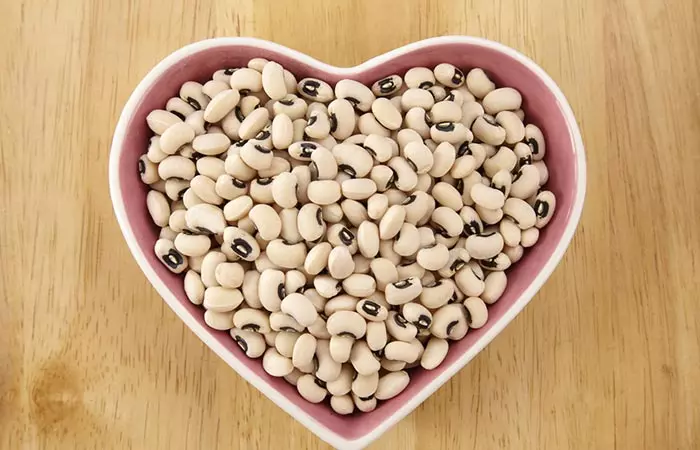
Research suggests that the secondary metabolites flavonoidsi A group of natural compounds in plant-based foods that have antioxidants and protect cells from oxidative damage. present in cow peas may be effective in treating various cardiovascular issues, though further studies are warranted (8). By including the veggie in your regular diet, you can easily cut down the risks of developing several heart diseases (9).
6. Lignin Content In Cowpeas May Keep Fatal Diseases Away
Another good component found in cowpeas is lignin. It is basically a group of phytoestrogensi Compounds naturally found in plants that are structurally and functionally similar to estrogen, a female reproductive hormone. that keep a number of fatal diseases like cancer (some specific types), stroke, hypertension, osteoporosisi A condition in which bones become weak and brittle due to low bone mineral density and bone mass caused by vitamin and calcium deficiency. , etc. at bay (8). However, further research is warranted to establish the association between cowpeas and lowered risk of some fatal diseases.
7. May Help To Treat Stomach and Pancreatic Problems

Very few foods are capable of dealing with spleen, stomach and pancreas related problems like cowpeas. They can tone these organs properly and facilitate their functions. In addition, these beans can calm the working of the bowel in your body (10).
8. May Help With Urination & Bowel Related Conditions
Cowpeas may be useful in eliminating urination problems, such as uneasiness or obstructions. Leucorrhea or abnormal vaginal discharge may also be managed by eating cowpeas regularly (10).
9. Good for Weight Loss
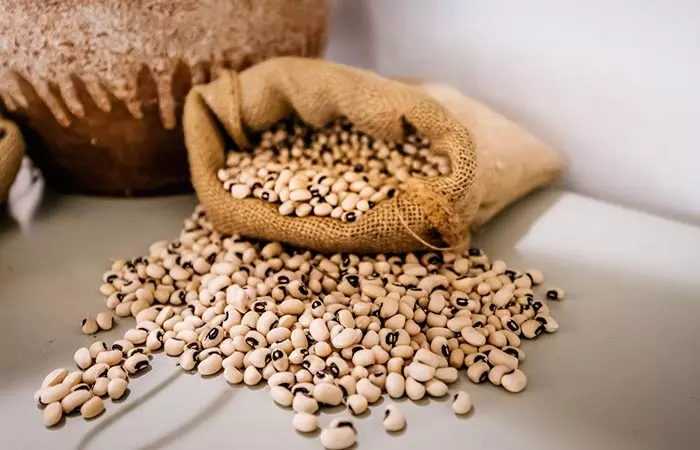
Like other beans, cowpeas are a low-fat, and low-calorie food, which is extremely beneficial for weight loss. The sodium content of the vegetable is also very low. Moreover, cowpeas are absolutely cholesterol-free. All these make the item a great nutritious option for overweight people to shed off excess weight and slim down (11).
 Trivia
TriviaBenefits of Cowpea for Skin

10. Delays Signs of Aging
As mentioned earlier, cowpeas are rich in antioxidants. They contain vitamin A and vitamin C, which are two most beneficial elements for our skin. Both of these can prevent our skin cells from getting damaged by free radicals. They can repair our skin and rejuvenate it accordingly. The anti-oxidative properties of cowpeas also remove various symptoms of aging like wrinkles, spots, etc. As a result, we get smooth, healthy and glowing skin (6), (12), (13).
11. Keeps Skin Healthy
The high protein content of cowpeas is also very good for our skin. It accelerates the process of skin repair and helps in keeping it healthy (8), (14).
Benefits of Cowpea for Hair

Check out the benefits of cowpeas for your healthy hair.
12. Offers Health & Shine to Hair
Being an excellent source of antioxidants, cowpea is quite effective for our hair too. From maintaining the health of our tresses to making them shiny, these small beans can do almost each and everything.
13. Fights Hair Loss
Cowpeas work as a great solution for hair loss (8), (15). If you are suffering from the problem of frequent hair loss, increasing the intake of cowpeas can help you fight against it significantly.
14. Boosts Hair Growth
With the help of cowpeas, you can also facilitate the growth of your hair to a great extent. The vegetable is high in protein, which is one of the most vital components of our hair. So, regular consumption of it can boost the amount of protein in our body and help our hair grow faster.
Let us find out how to include this nutritious ingredient in your daily diet.
How To Add Cowpeas To Your Diet
Cowpeas have a mild, nutty aroma and a rich creamy and earthy flavor. Here is how you can include cowpeas in your diet:
- Add them to salads or stews.
- Stir-fry or steam the beans.
- Eat them raw.
- Mix them with pasta.
- Prepare cowpea soup.
- Grind cowpeas to whip up a spread for your sandwiches.
- Mix them with meat, spices, and vegetables to make curries.
- Make fritters and kebabs with them.
- Blend them with vegetables and spices to make a dip for nachos or pita bread.
- Use cowpea powder as a gluten-free substitute for cake flour when baking.
For a crunchy alternative, you can also consider including sugar snap peas in salads alongside chickpeas. For instance, you can combine chickpeas, sugar snap peas, quinoa, and a honey shallot dijon dressing for a tasty twist. After all, there are various benefits to sugar snap peas that can enrich your diet and add both flavor and essential vitamins.
To make the cooking process easier, it is best to soak the chickpeas in water for at least 4 to 6 hours. This helps to reduce the cooking time and makes the chickpeas easier to digest.
Infographic: Important Health Benefits Of Cowpeas
Cowpeas are a variety of beans commonly consumed in Asia and Africa and are highly nutritious. The many benefits of cowpeas not only helps keep your body healthy but also your hair and skin. To know about the most important health benefits of cowpeas, check out the infographic below! Illustration: StyleCraze Design Team
The benefits of cowpeas can be attributed to their beneficial nutrients. If included regularly as a part of the diet, cowpeas help maintain cholesterol levels, improve blood lipid profile, regulate blood sugar levels, and help in treating cardiovascular ailments. They even help manage stomach and pancreatic problems and conditions related to the urinary tract and the bowels. These peas also benefit the skin by reducing the signs of aging. Try including cowpeas in your diet to reap the array of benefits they offer.
Frequently Asked Questions
Are cowpeas acidic?
Yes. Cowpeas have a low pH value and are acidic.
Can cowpeas be eaten raw?
No. Cowpeas are usually eaten boiled or roasted.
Do cowpeas cause bloating?
Consuming cowpeas may cause abdominal discomfort and bloating for some people (16).
Illustration: Best Benefits & Uses Of Cowpeas (Lobia) For Skin Hair And Health
_for_skin_hair_and_health_illustration.jpg.webp)
Image: Stable Diffusion/StyleCraze Design Team
Learn about the amazing nutrition facts and health benefits of black eyed peas! Watch the video below to discover how this delicious legume can help you stay healthy and fit.
References
Articles on StyleCraze are backed by verified information from peer-reviewed and academic research papers, reputed organizations, research institutions, and medical associations to ensure accuracy and relevance. Read our editorial policy to learn more.
- Cowpeas, catjang, mature seeds, cooked, boiled, with salt
https://fdc.nal.usda.gov/fdc-app.html#/food-details/175251/nutrients - Cowpea protein reduces LDL-cholesterol and apolipoprotein B concentrations but does not improve biomarkers of inflammation or endothelial dysfunction in adults with moderate hypercholesterolemia
https://pubmed.ncbi.nlm.nih.gov/25795948/ - Glycemic and physiochemical properties of five common cowpea (Vigna unguiculata) cultivars in Nigeria
https://www.researchgate.net/publication/229928210_Glycemic_and_physiochemical_properties_of_five_common_cowpea_Vigna_unguiculata_cultivars_in_Nigeria - A High Legume Low Glycemic Index Diet Improves Serum Lipid Profiles in Men
https://www.ncbi.nlm.nih.gov/pmc/articles/PMC3461593/ - Cholesterol-Lowering Properties of Whole Cowpea Seed and Its Protein Isolate in Hamsters
https://www.researchgate.net/publication/23485844_Cholesterol-Lowering_Properties_of_Whole_Cowpea_Seed_and_Its_Protein_Isolate_in_Hamsters - Antioxidant Activity of the Extracts of Some Cowpea (Vigna unguiculata (L) Walp.) Cultivars Commonly Consumed in Pakistan
https://www.ncbi.nlm.nih.gov/pmc/articles/PMC6270594/ - Influence of Cowpea (Vigna unguiculata) Peptides on Insulin Resistance
https://symbiosisonlinepublishing.com/nutritionalhealth-foodscience/nutritionalhealth-foodscience44.php - Cowpea: an overview on its nutritional facts and health benefits
https://pubmed.ncbi.nlm.nih.gov/29656381/ - Health Benefits of Plant-Based Nutrition: Focus on Beans in Cardiometabolic Diseases
https://www.ncbi.nlm.nih.gov/pmc/articles/PMC7915747/ - Nutritional Values and Medicinal Health Aspects of Brown Brown-Black and White Cowpea (Vigna unguiculata L. Walp.) Grown in Okene Kogi State Nigeria
https://www.researchgate.net/publication/347564056_Nutritional_Values_and_Medicinal_Health_Aspects_of_Brown_Brown-Black_and_White_Cowpea_Vigna_unguiculata_L_Walp_Grown_in_Okene_Kogi_State_Nigeria - Bean Consumption Accounts for Differences in Body Fat and Waist Circumference: A Cross-Sectional Study of 246 Women
https://www.ncbi.nlm.nih.gov/pmc/articles/PMC7294352/ - The Roles of Vitamin C in Skin Health
https://www.ncbi.nlm.nih.gov/pmc/articles/PMC5579659/ - Discovering the link between nutrition and skin aging
https://www.ncbi.nlm.nih.gov/pmc/articles/PMC3583891/ - Role of food’s protein on skin health
https://www.researchgate.net/publication/230577566_Role_of_food’s_protein_on_skin_health - Diet and hair loss: effects of nutrient deficiency and supplement use
https://www.ncbi.nlm.nih.gov/pmc/articles/PMC5315033/ - Flatulence and other discomforts associated with consumption of cowpea (Vigna unguiculata)
https://pubmed.ncbi.nlm.nih.gov/2596840/
Read full bio of Reda Elmardi
Read full bio of Tanya Choudhary
Read full bio of Ravi Teja Tadimalla
Read full bio of Moksha Gandhi






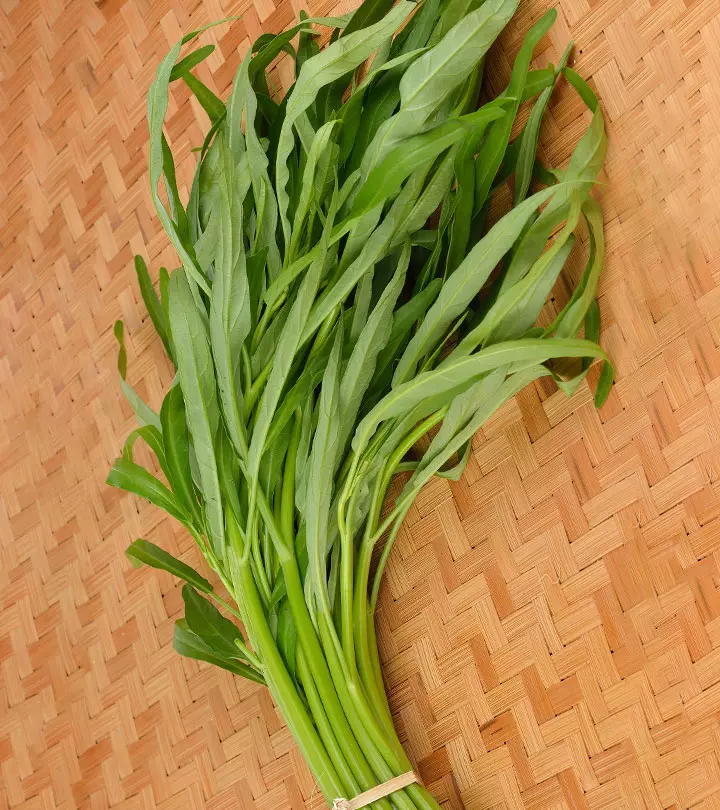
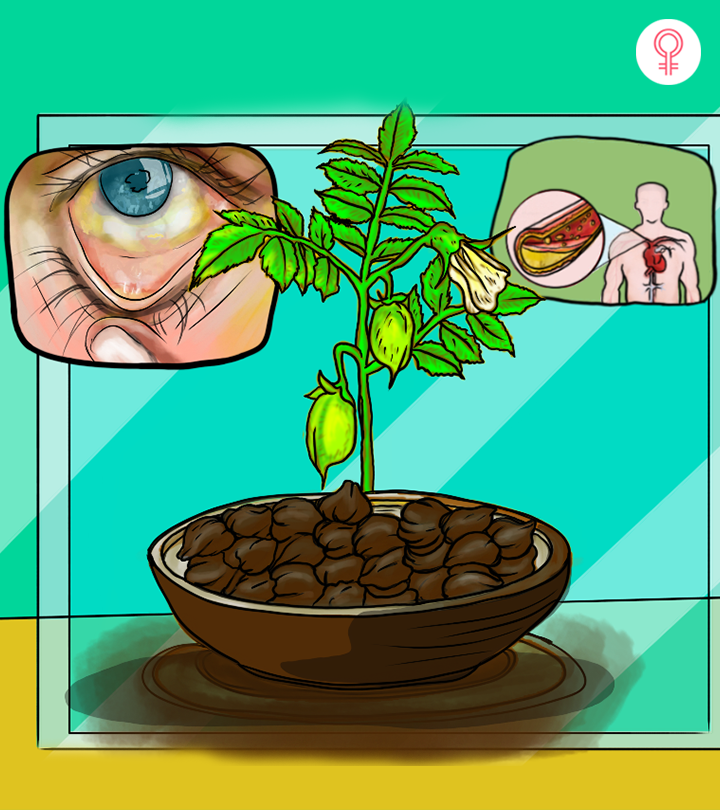
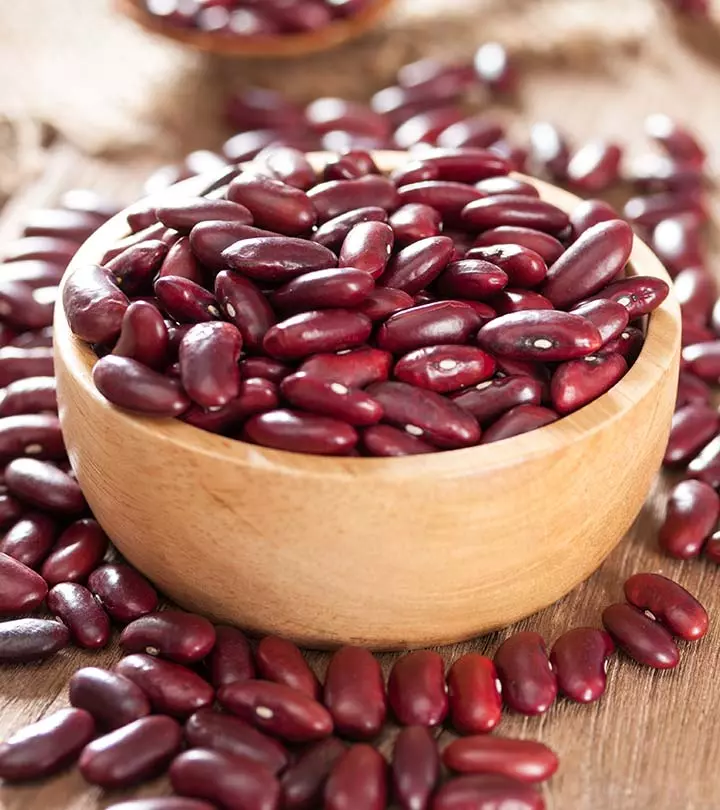
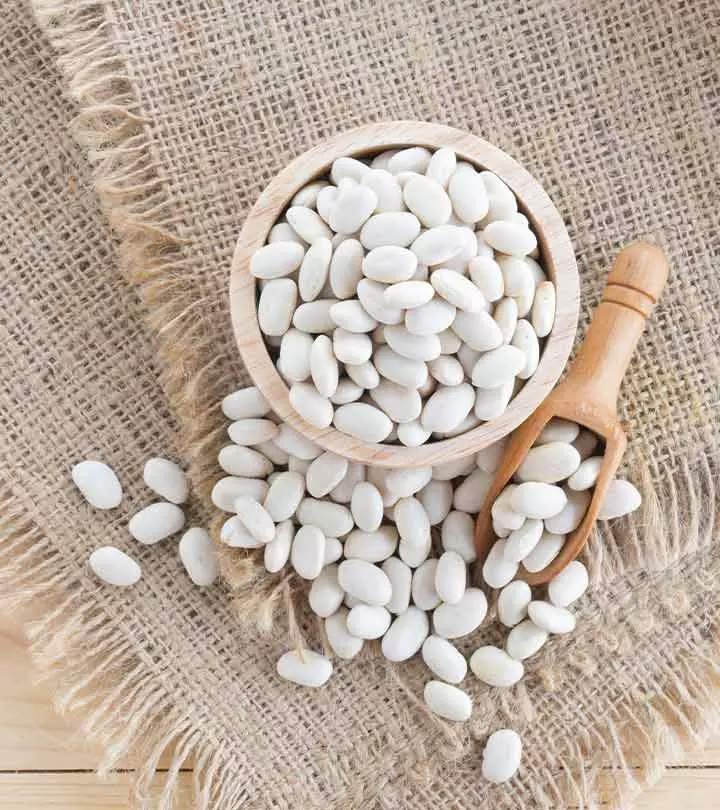
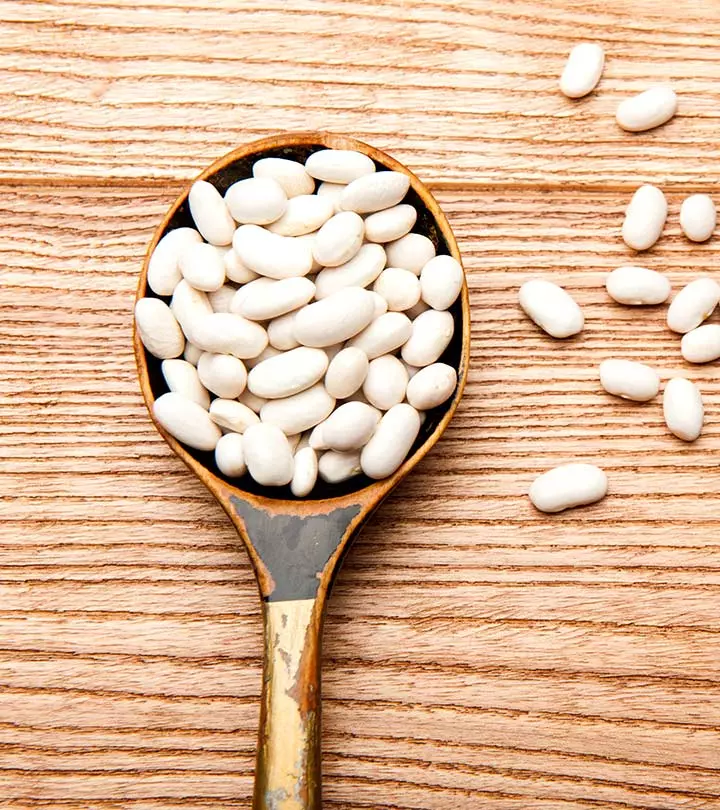
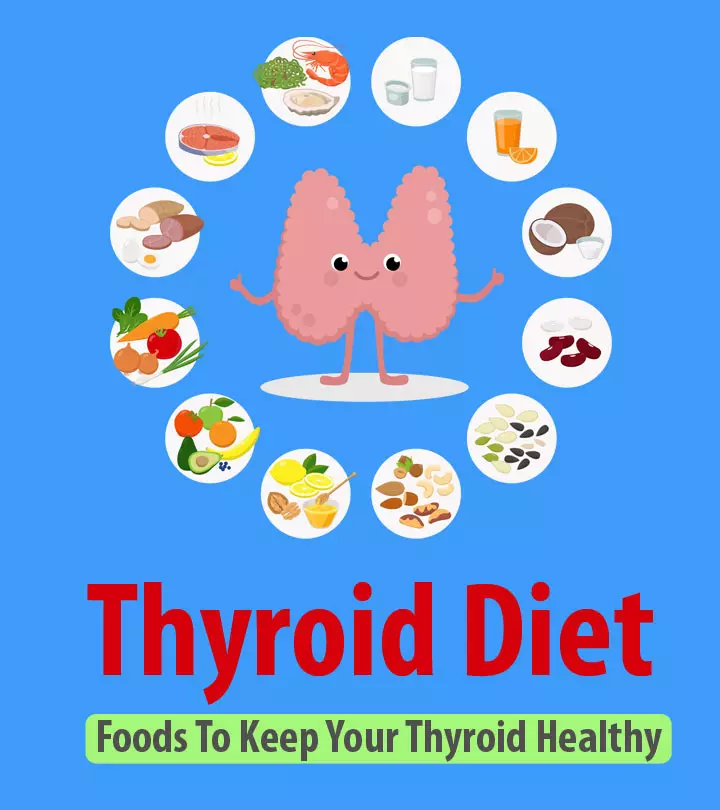

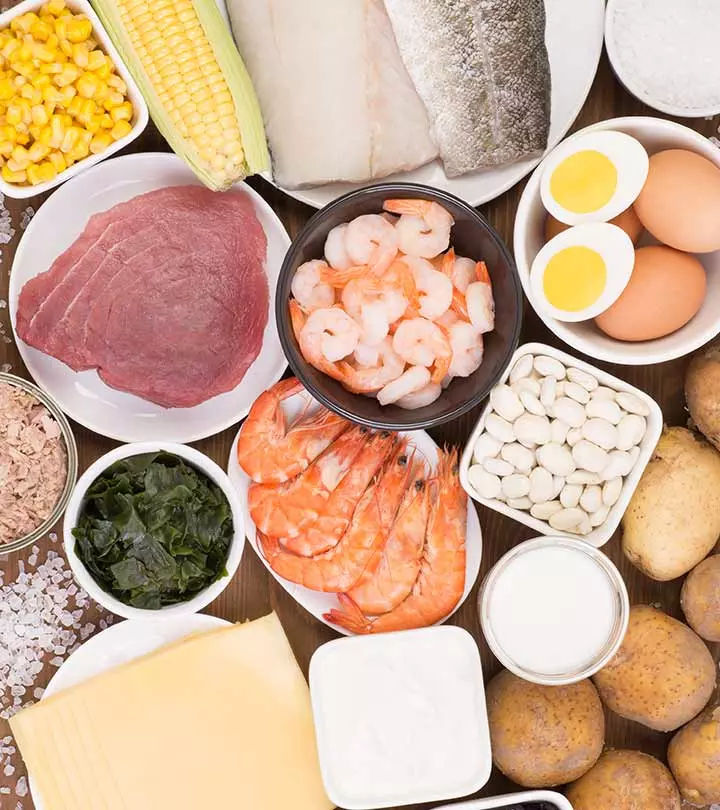

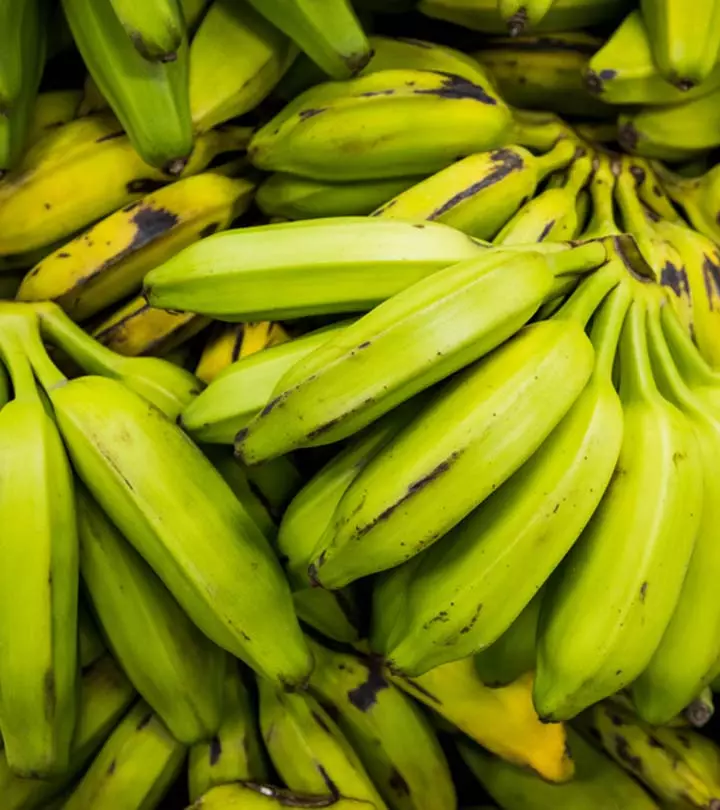
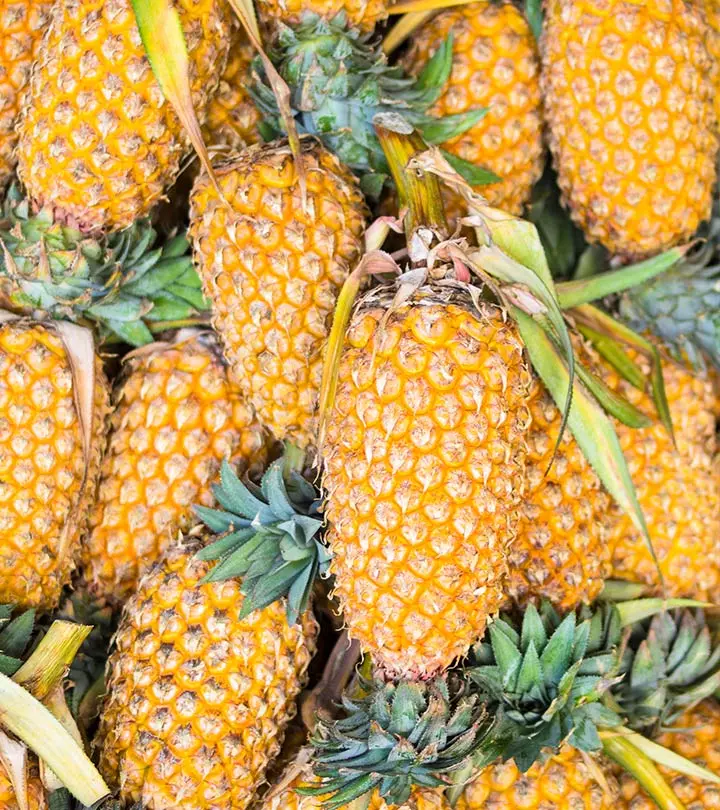
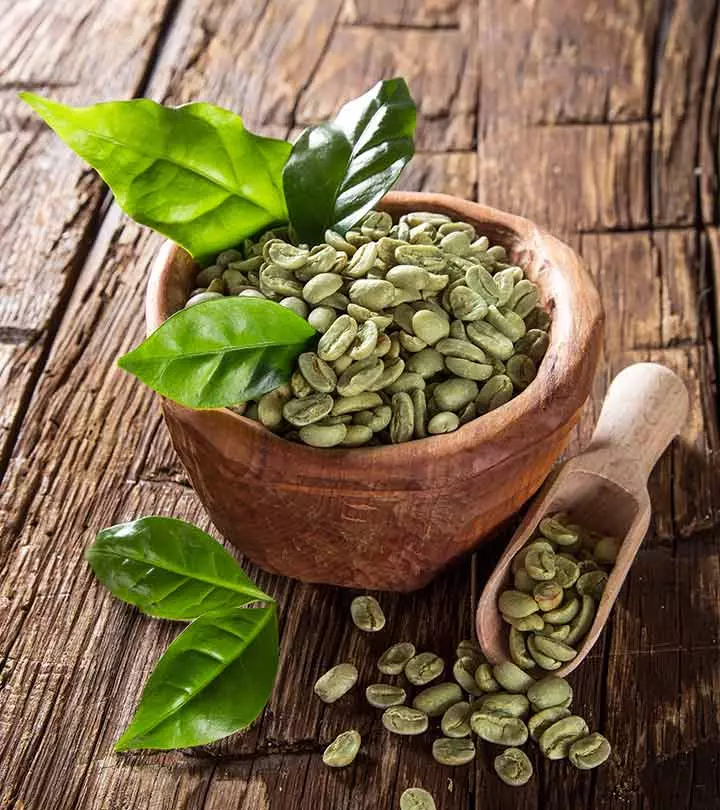
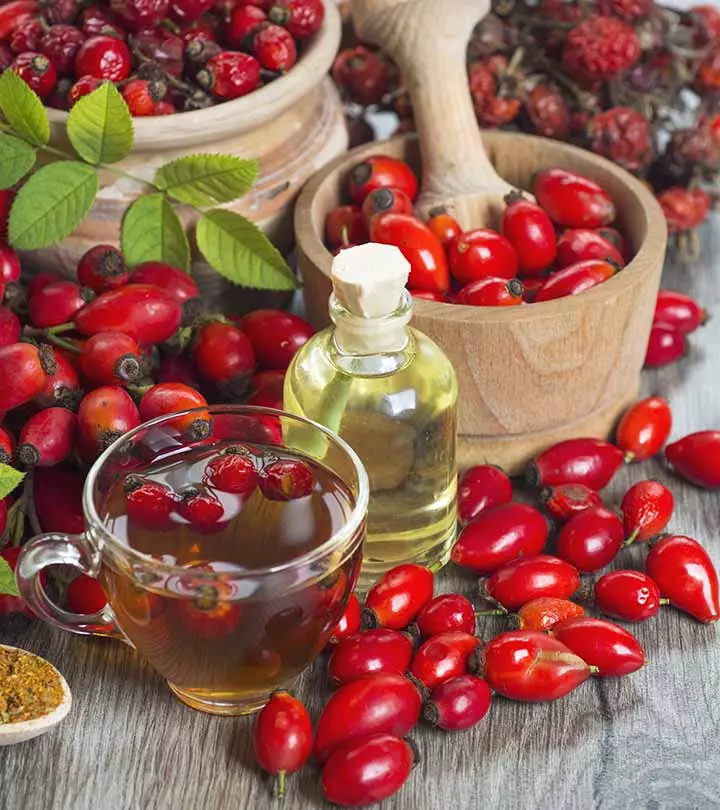
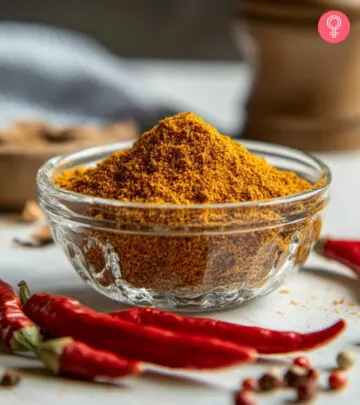
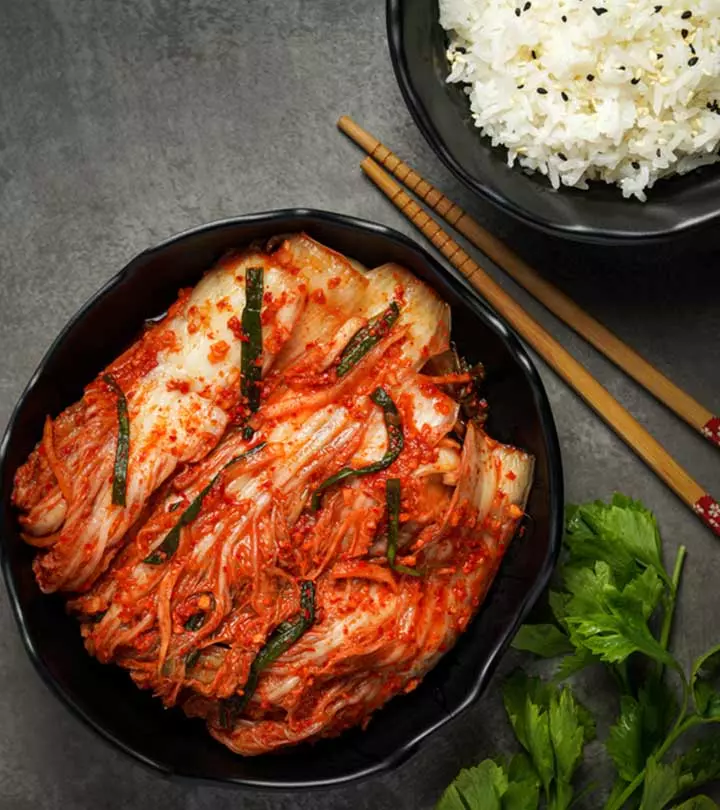
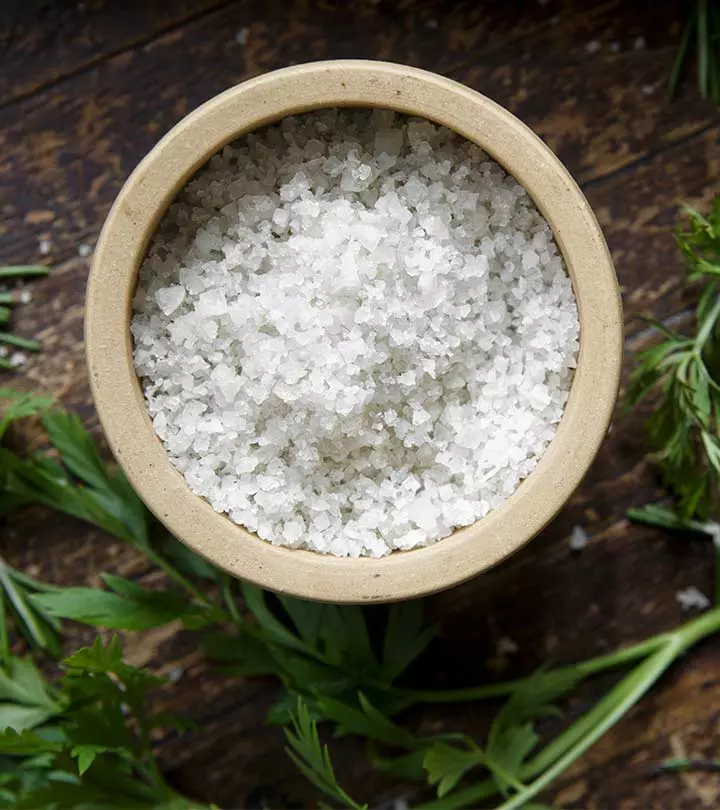
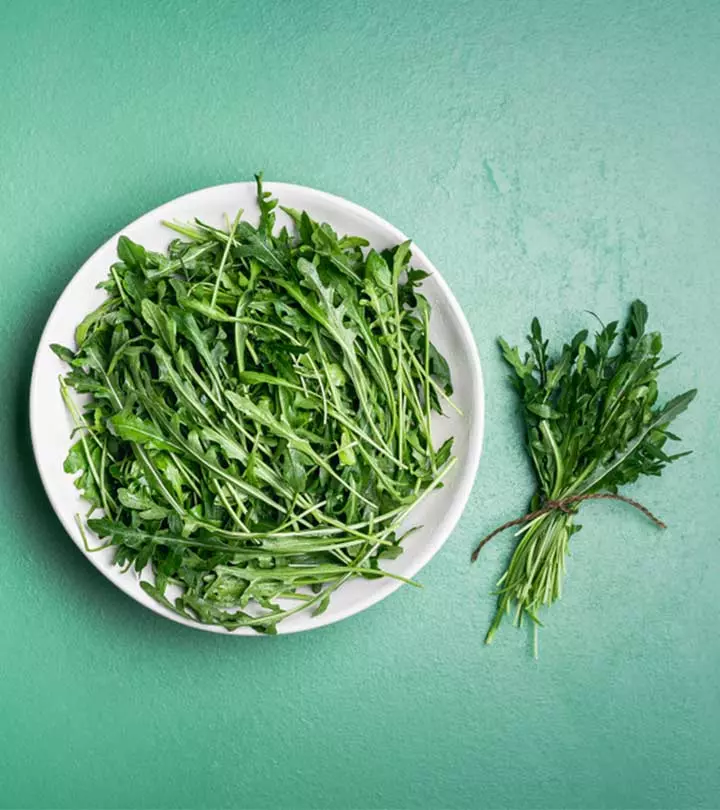
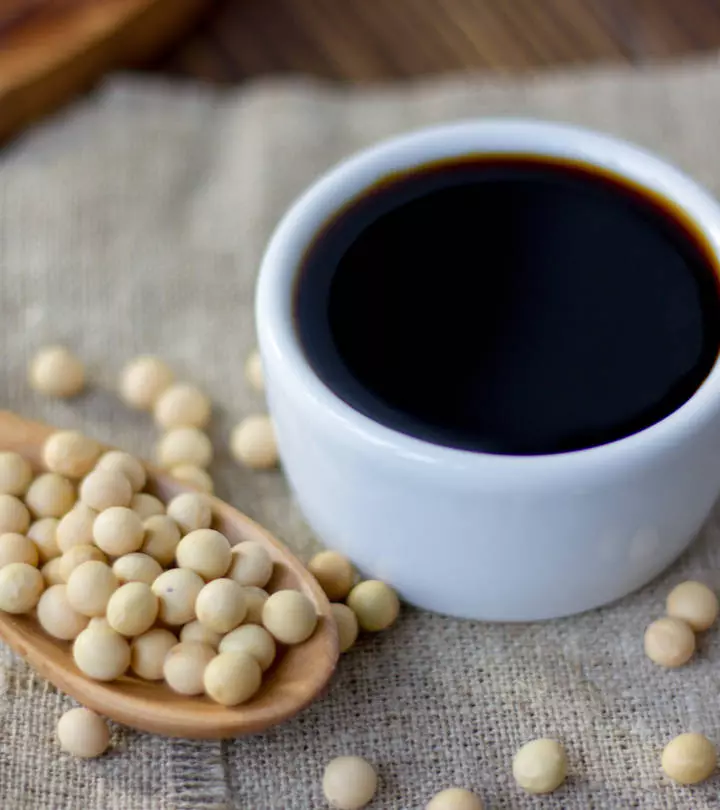
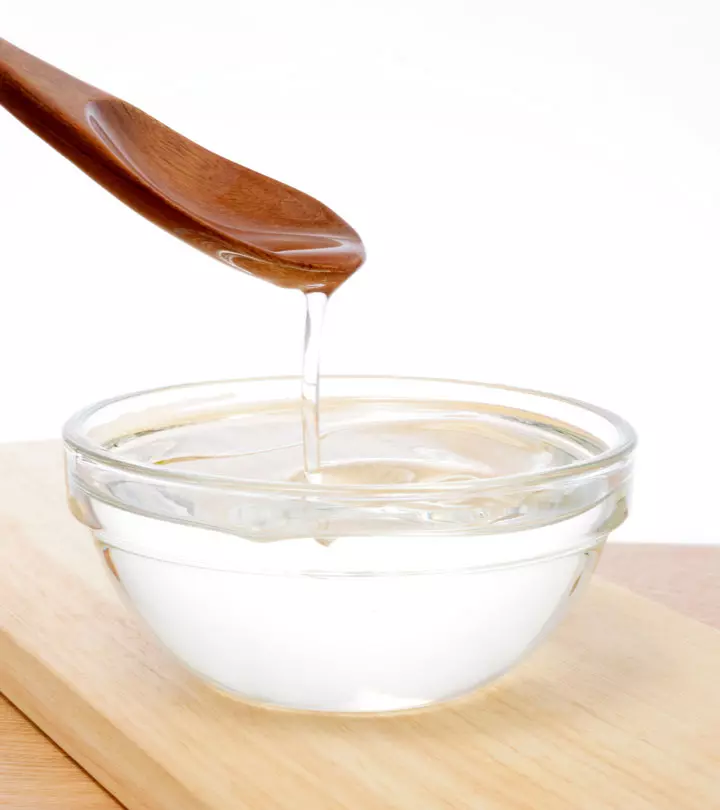
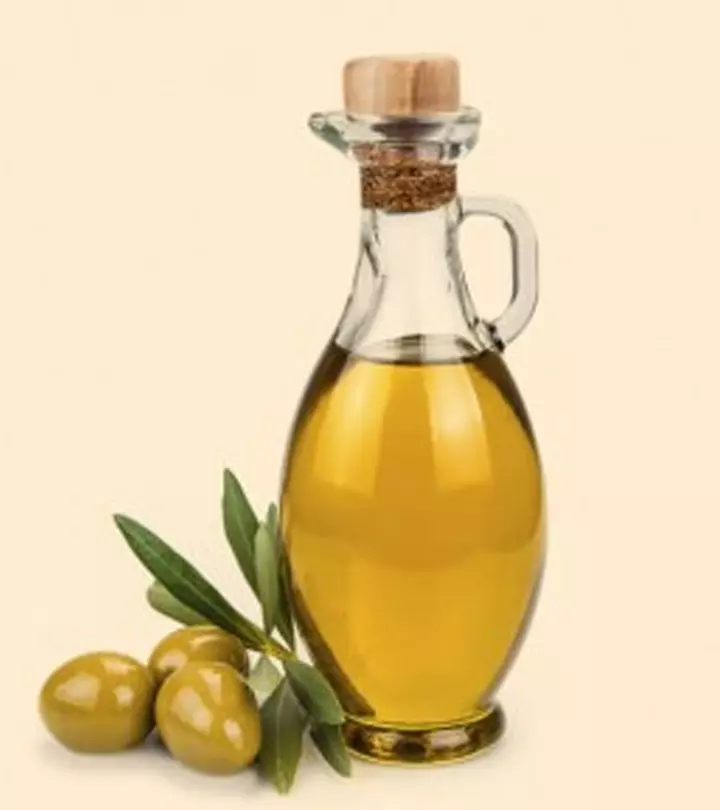
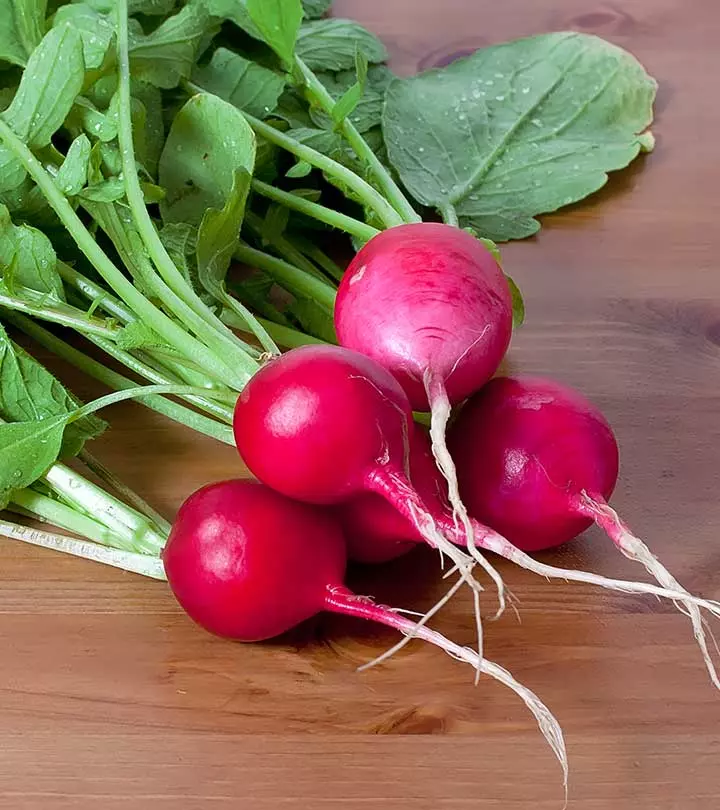
Community Experiences
Join the conversation and become a part of our empowering community! Share your stories, experiences, and insights to connect with other beauty, lifestyle, and health enthusiasts.